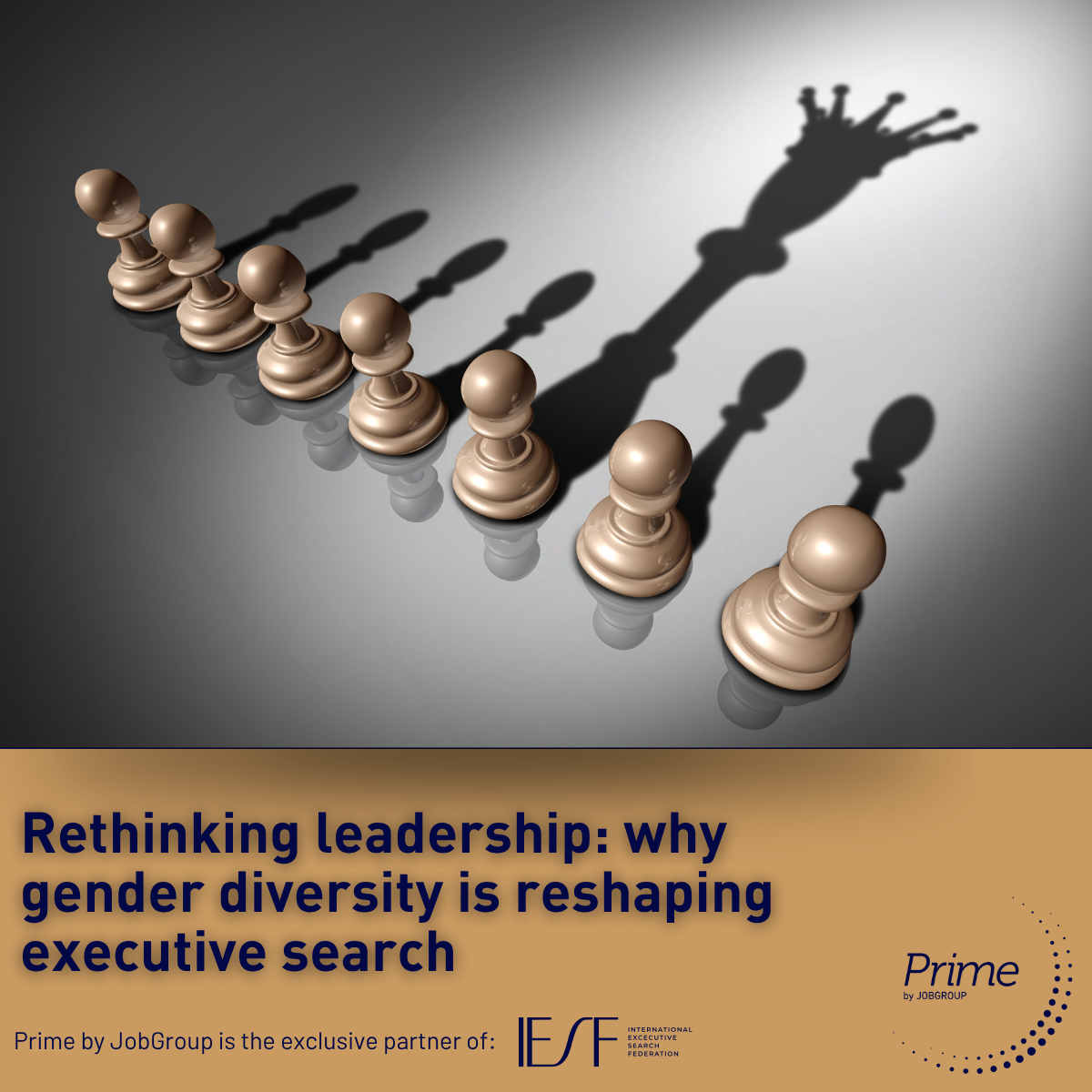In recent years, companies across Europe have become increasingly aware that balanced leadership is not just a social expectation but a competitive advantage. Yet despite growing awareness, women remain underrepresented in top executive roles. Many are highly capable and ambitious, but systemic challenges still limit their visibility and advancement at the highest levels.
Across the EU, gender imbalance in management persists. Eurostat data from 2020 revealed that while women made up nearly 50% of the overall workforce, only around one-third of managerial positions were held by women. The picture varies significantly by country, with some, like Latvia, approaching parity, while others continue to trail behind.
The journey to senior leadership is often shaped by more than just qualifications. Long-standing cultural attitudes, implicit biases, and the absence of strong female role models in leadership continue to influence hiring and promotion decisions. Research shows that many girls and young women lack confidence in their potential for careers in leadership or STEM, suggesting these challenges begin well before the workplace.
There’s a growing movement in executive search to challenge the status quo. Today’s clients are increasingly asking for more inclusive candidate shortlists. This is especially true for multinational organizations, where diverse leadership is often seen as key to navigating global markets and driving innovation.
The conversation has moved from "if" to "how" companies can ensure fair representation at the executive level.
The European Union’s Women on Boards Directive (2022/2381) adds momentum to these efforts. By mid-2026, EU-listed companies must ensure that women hold at least 40% of non-executive board seats or 33% of all board roles. When qualifications are equal, companies are encouraged to prioritize candidates from the underrepresented gender. The aim is not just fairness—but transparency and accountability in board appointments.
More inclusive leadership teams are more than just ethically sound—they deliver real business value:
• Better performance: Diverse perspectives help organizations respond more effectively to complex challenges.
• Smarter strategies: Teams with different experiences tend to approach problems more creatively.
• Healthier work cultures: Inclusive leaders often build environments where employees feel seen, heard, and motivated.
For recruiters and consultants, this shift calls for new strategies:
• Expanding talent pipelines to reach beyond the usual suspects.
• Designing bias-resistant evaluation processes.
• Supporting clients in building internal development paths for future female leaders.
Indirectly, but transparent wages also have an impact on this topic. Compliance with the EU Pay Transparency Directive (PTD) is not just an HR project, but a comprehensive management challenge, regardless of whether the C-level managers are women or men. The directive affects the operation of the entire company in the long term. Conscious and timely preparation not only ensures compliance, but also provides a competitive advantage in the market.
In an increasingly complex and competitive landscape, leadership teams that reflect a broad range of perspectives are best positioned to adapt and thrive. Executive search has a central role to play in making that vision a reality.
Get connected: https://primebyjobgroup.com/contact-us
